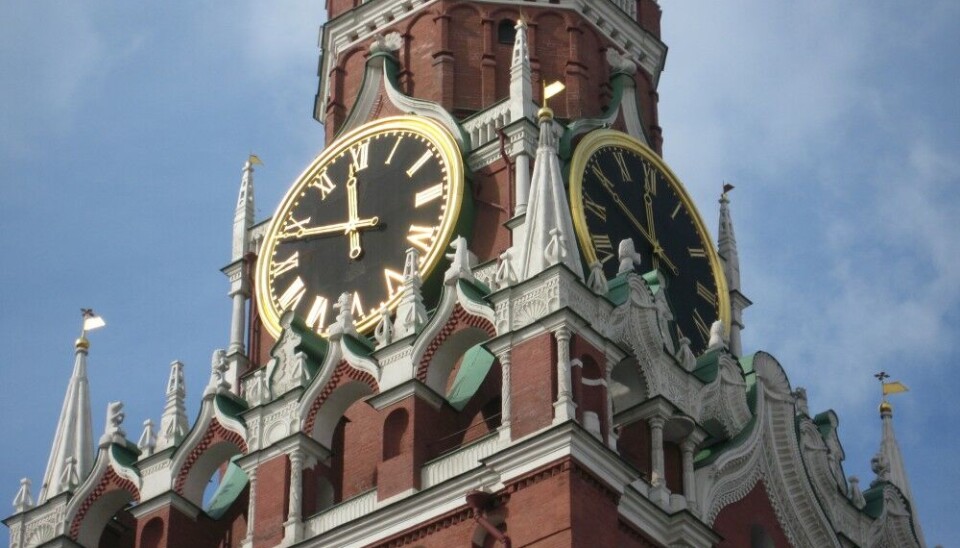
The Moscow Times declared 'undesirable'
No room for high quality journalism, even the newsroom is located outside of Russia and the online newspaper already is blocked.
It was Wednesday evening the Prosecutor General’s Office announced its decision to declare all activities of The Moscow Times as undesirable.
The ban includes both the English and Russian versions of the online newspaper.
The Prosecutor’s Office claims The Moscow Times’ work “is aimed at discrediting the decisions of the leadership of the Russian Federation in both foreign and domestic policy.”
The statement further accuses The Moscow Times of “publications containing unreliable socially significant information aimed at discrediting the activities” of the Russian government regarding the war in Ukraine.
Founded in 1992, the newspaper is the oldest English-language outlet covering post-Soviet Russia.
Only six weeks after Russia’s all-out invasion of Ukraine in 2022, media censorship agency Roskomnadzor blocked the Russian version of the newspaper along with a long list of other independent newspapers covering the war in Russian language.
In November 2023, The Moscow Times was declared “foreign agent”.
The Barents Observer cooperated with The Moscow Times for several years while its newsroom was still in Moscow. The Moscow Times republished articles by the Barents Observer. Likewise, the Barents Observer republished many of the articles written by Moscow Times journalists.
In exile
After February 2022, the newsroom of The Moscow Times evacuated out of Russia. Most journalists are today based in Amsterdam, the Netherlands.
The Prosecutor’s Office has since since 2015 used the law on “undesirable” organizations to target non-governmental organizations, news outlets, human rights groups, environmental organizations and educational institutions.
All three of the larger international environmental groups working in Russia are outlawed; Greenpeace, Bellona and WWF.
Other independent, good quality, news-outlets declared “undesirable organization” include Novaya Gazette Europa, Meduza, Dozhd, The Insider, iStories and SOTA.
Continuing reporting
Moscow Times’ editor writes in a statement Wednesday evening:
“We refuse to give in to this pressure. We refuse to be silenced.”
“This designation will make it even more difficult for us to do our jobs, putting reporters and fixers inside Russia at risk of criminal prosecution and making sources even more hesitant to speak to us,” the statement reads.
The Prosecutor’s Office argues that The Moscow Times’ cooperation with other media already declared “undesirable” in Russia is one argument to ban its activities.
“The publication interacts on a regular basis with foreign NGOs Limited liability company (SIA) “Medusa Project” (Latvia), The Insider (Latvia), IStories fonds (Latvia), Radio Free Europe/Radio Liberty (USA), whose activities were previously also recognized as undesirable in the territory of the Russian Federation.”














